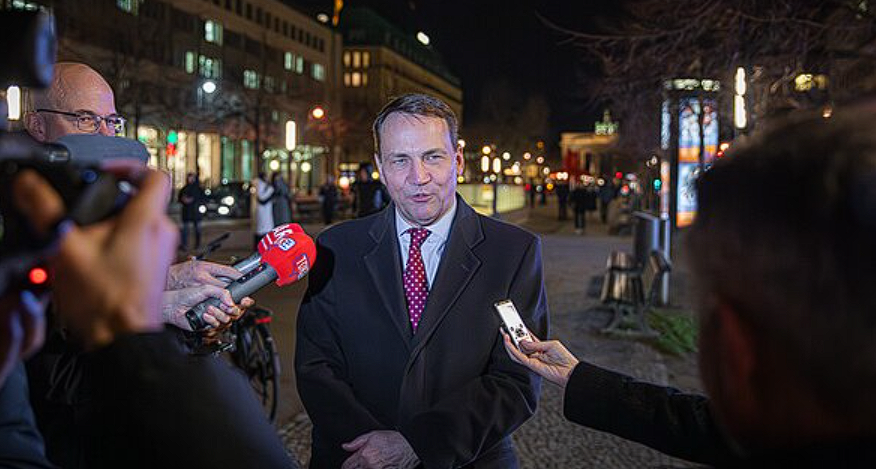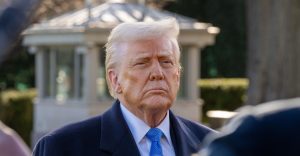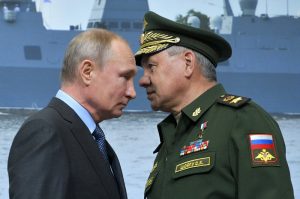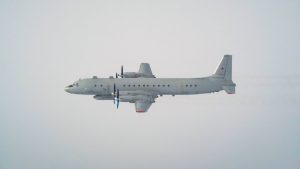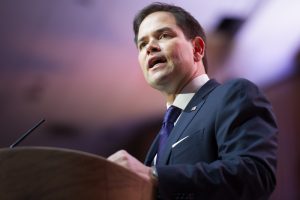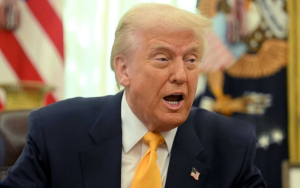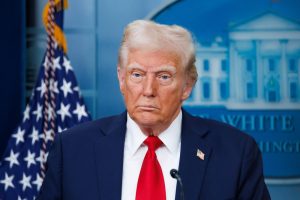Polish Foreign Minister Highlights Putin’s Strategy to Destabilize EU and Isolate Ukraine.
Others are reading now
Polish Foreign Minister Radoslaw Sikorski has expressed concerns over Russian President Vladimir Putin’s intentions towards the European Union and Ukraine. During a discussion reported by Polskie Radio on February 12, Sikorski emphasized Putin’s ambitions to disrupt the unity of the EU and sever ties between Ukraine and Europe.
In the aftermath of a trilateral meeting with his counterparts from France and Germany, Sikorski underscored the critical need for the European Union to steadfastly implement sanctions imposed on Russia.
According to New Voice of Ukraine, he pointed out the significance of safeguarding Europe against Russian-initiated cyberattacks and disinformation efforts, highlighting these as key components of Russia’s strategy to influence European internal affairs.
Sikorski raised alarms about Russia’s persistent interference in European politics, a concern amplified by the prospect of several key elections within Europe this year.
Also read
“The bloodstained dictator in Moscow knows that his chances of success are higher if he can separate Ukraine from the rest of Europe, if he can demolish the EU, if he can divide Europe from the United States,” Sikorski remarked, delineating the perceived threats posed by Putin’s regime.
Further intensifying these concerns, the German newspaper Bild, referring to intelligence sources, recently suggested that Russia might plan to strike Europe towards the end of 2024 or early 2025. This period coincides with the United States’ presidential election, potentially leaving NATO countries vulnerable to Russian aggression.
Echoing these apprehensions, on December 6, 2023, U.S. President Joe Biden cautioned that Russia’s success in overpowering Ukraine could lead to subsequent attacks on NATO member states, underscoring the broader implications of Russia’s actions on European security and unity.

